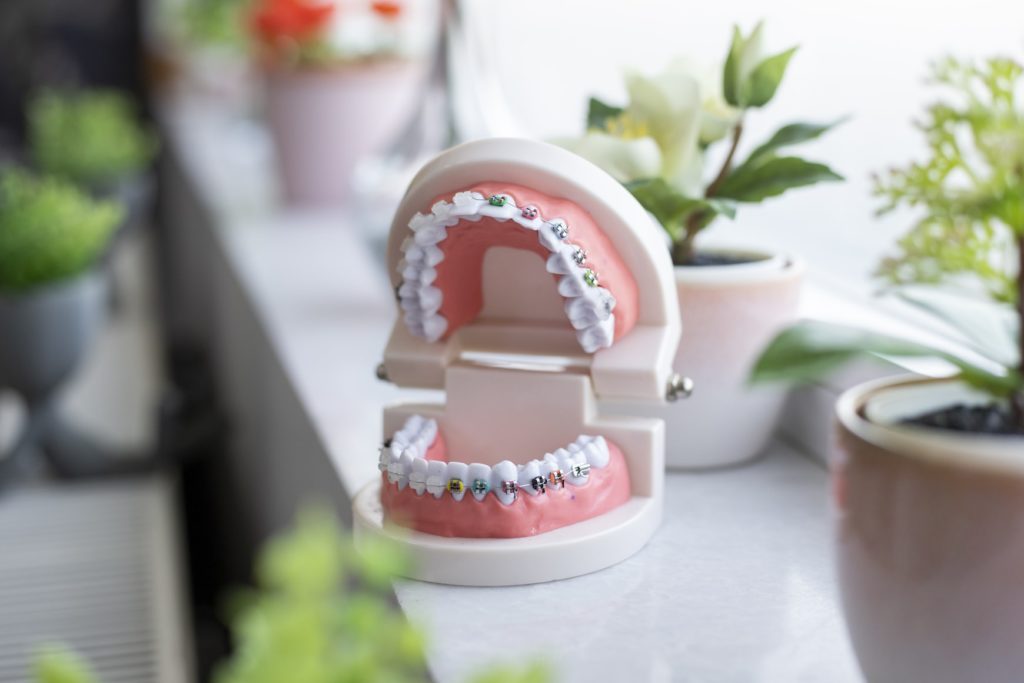We all know that taking care of our teeth is crucial for not just the appearance of our smiles, but also everything from gum to even heart health. Yet, around a third of Americans still fail to get their teeth checked annually, often as a result of a typically unfounded fear of the dentist.
Like a phobia of spiders, many of us just seem to be born with a fear of the dentist’s chair. In reality, though, modern-day dentistry is designed to be pain-free. So what is it that we’re actually worried about?
It might not be what you think. While some older patients may have had bad experiences with something like a harsh school dentist, fear of the dentist can often happen, or at least worsen, as a result of our avoidance in the first place. As well as worrying that our dentist will be displeased, putting off regular dental checks can also actually feed dental fears in the following surprising ways.
1: Increased risk of severe work
Dental checkups that take around ten minutes and simply involve a dentist looking at our teeth aren’t what most people are scared of. Rather, it’s work including fillings, cleaning, and so on that gets our hearts beating faster. In reality, though, dental checkups are specifically designed to prevent the need for these more severe types of work by identifying and addressing small issues before they escalate.
For instance, if a dentist notices a hard-to-reach unclean spot, they can advise you on cleaning techniques before a filling is necessary. But, if you don’t visit, then that area could quickly turn into a cavity which, if left untreated, may require something like a root canal. Which, in turn, will leave you far more fearful of the 1hr+, potentially uncomfortable appointment that you’ll require, than you would have been for just a 10-minute check.
2: No trusting relationship with a professional
If you don’t visit the dentist regularly, it means that you may have to book in with whoever is available when you do need potentially severe work. This would mean having to trust someone that you don’t know, and who may not have a bedside manner that you gel well with. Which is going to both make you more fearful and potentially lead to a negative experience.
By comparison, booking regular appointments that can keep you on the books of a dentist that you feel comfortable with can help you to stay far more at ease. The ongoing relationship possible between dentist and patient this way can also ensure a professional who understands your fear, and who is always able to tailor treatment plans around it, as opposed to a stranger who might not take that time.
3: Limited understanding of your options
Most of us know when something isn’t right with our teeth, and left to our own devices, we may imagine horrors including being left with massive holes or having a dentist announce the need for multiple extreme works. In reality, though, this is just guesswork, and we’ll typically always land on the worst-case scenario, making ourselves way more worried than we need to be.
A trained dentist will be far better able to put our minds at ease with a professional plan of action, as well as an explanation of options like tooth replacement even if extraction is necessary. This way, we can develop a far better understanding of not only what needs doing, but also our options when it comes to additional work or solutions.
4: A lack of exposure
Given that exposure is a huge part of overcoming many phobias, avoiding your dentist for potentially years on end can also worsen your fear in itself. After all, as well as leaving you potentially worried about what your dentist will say, etc., not attending regular appointments can lead you to forget exactly what the experience is like. And we all hate the unknown. By comparison, visiting your dentist at least once a year can help you to face your fears, remain realistic about what the experience involves, and ultimately overcome worries that may otherwise have no grounding in fact.
Takeaway
Around 36% of people report some degree of dental phobia, and avoidance isn’t unusual. But, with that avoidance worsening the issue in a lot of cases, you may be better able to cope with dental visits by simply booking in and facing things head-on. As tough as it is to begin with, regular dental checkups may even help to finally put fear at the back of your mind.

